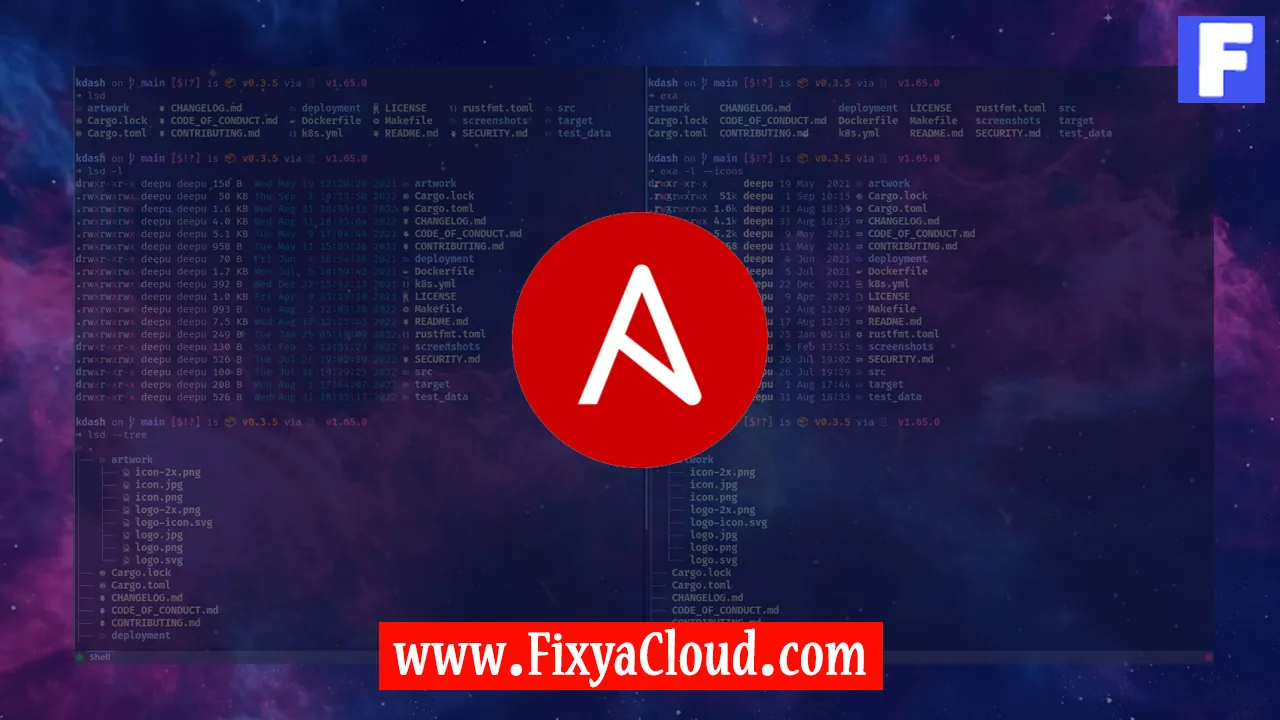How can I use variables in an Ansible playbook?

Ansible is a powerful open-source automation tool that simplifies IT tasks by allowing you to automate configuration management, application deployment, and various other tasks. One of the key features that make Ansible flexible and dynamic is the use of variables. Variables allow you to customize your playbooks, making them more adaptable to different scenarios. In this article, we will explore how you can effectively use variables in an Ansible playbook.
Understanding Ansible Variables:
Before diving into the practical aspects, let's understand what variables are in Ansible. Variables in Ansible are used to store values that can be referenced and reused throughout your playbook. These values can be anything from simple strings to complex data structures. Variables add a layer of flexibility, enabling you to create more dynamic and reusable playbooks.
Declaring Variables in Ansible:
To use variables, you need to declare them in your Ansible playbook. This can be done in various ways. Here are a few examples:
1. Inline Variables:
---
- name: Playbook with Inline Variable
hosts: localhost
vars:
my_variable: "Hello, Ansible!"
tasks:
- name: Display Variable
debug:
var: my_variable
2. Variable Files:
Create a separate YAML file, e.g., vars.yml, and reference it in your playbook.
---
# vars.yml
my_variable: "Hello, Ansible!"
---
# playbook.yml
- name: Playbook with Variable File
hosts: localhost
vars_files:
- vars.yml
tasks:
- name: Display Variable
debug:
var: my_variable
Using Variables in Tasks:
Now that you have declared variables, you can use them in your tasks. Here's an example:
---
- name: Playbook with Task Using Variable
hosts: localhost
vars:
my_variable: "Hello, Ansible!"
tasks:
- name: Display Variable
debug:
msg: ""
More Advanced Variable Use:
Ansible variables can be dynamic and depend on the context. Here are some advanced examples:
1. Conditionals with Variables:
---
- name: Playbook with Conditional Variable
hosts: localhost
vars:
is_production: false
tasks:
- name: Display Message based on Environment
debug:
msg: "This is Development environment."
2. Using Facts as Variables:
---
- name: Playbook Using Facts as Variables
hosts: localhost
tasks:
- name: Display System Information
debug:
msg: "Hostname is and OS is "
Variables in Ansible provide a powerful mechanism for customizing playbooks and making them more versatile. Whether you're dealing with simple string values or complex conditional logic, understanding how to use variables will greatly enhance your Ansible automation. Experiment with different variable types and contexts to discover the full potential of this feature.
Related Searches and Questions asked:
That's it for this topic, Hope this article is useful. Thanks for Visiting us.
